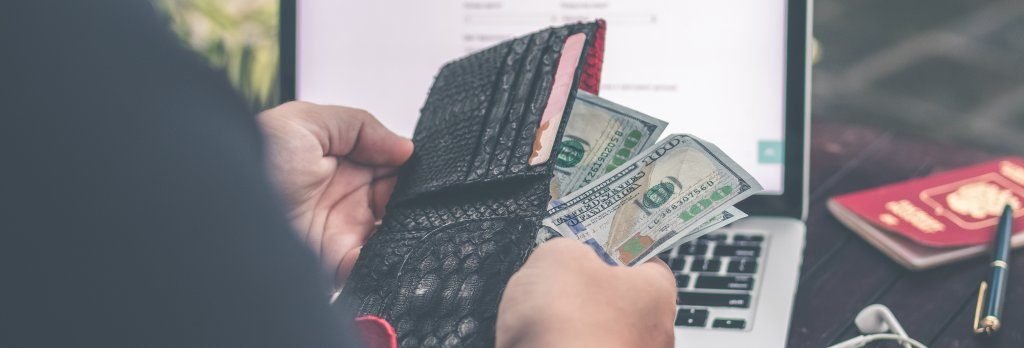
Lots of confused, angry, and wide-eyed rumblings due to Spotify’s latest legal pronouncement. The Hollywood Reporter explains:
What {Frankie Valli and the Four Seasons member Bob} Gaudio’s lawsuit alleges — as did the prior class action — is Spotify is violating the reproduction rights of publishers and songwriters. Those making a mechanical reproduction of a musical composition can obtain a compulsory license and bypass having to negotiate terms with publishers. However, those doing so have to follow certain protocol like sending out notices and making payments. The lawsuit claims that Spotify hasn’t done an adequate job of doing this.
In the past, Spotify has pointed to the difficulty of locating the co-authors of each of the tens of millions of copyrighted musical works it streams. It fought the class action mainly on jurisdictional grounds as well as challenging whether the lawsuits were ripe for class treatment. But Spotify seems prepared to go another step and set off a legal firestorm by now challenging what rights are truly implicated by streaming.
“Plaintiffs allege that Spotify ‘reproduce[s]’ and ‘distribute[s]’ Plaintiffs’ works, thereby facilely checking the boxes to plead an infringement of the reproduction and distribution rights,” states a Spotify motion for a more definitive statement from the plaintiffs. “But Plaintiffs leave Spotify guessing as to what activity Plaintiffs actually believe entails ‘reproduction’ or ‘distribution.’ The only activity of Spotify’s that Plaintiffs identify as infringing is its ‘streaming’ of sound recordings embodying Plaintiffs’ copyrighted musical compositions.”
Spotify is implying that digital streaming doesn’t entail reproduction; thus the service never owed mechanical royalties in the first place. If you’re confused (and that’s understandable), Complete Music Update gives a solid explainer:
In music, and especially music publishing, a distinction is commonly made between the reproduction and distribution controls – often referred to as the ‘mechanical rights’ – and the performance, communication and making available controls – commonly referred to as the ‘performing rights’.
When you press a CD you exploit the mechanical rights but not the performing rights. When you play a song on the radio you exploit the performing rights but not the mechanical rights. But what about digital?
Copyright law doesn’t usually state which controls the digital transfer of a song or recording exploits, though generally the music industry has treated a digital delivery as both a reproduction and a communication (or a reproduction and a making available) at the same time. A download only exploited the mechanical rights, while a personalised radio service like Pandora or iHeartRadio only exploited the performing rights. However, with on-demand streaming of the Spotify variety, it has generally been accepted that both the mechanical and performing rights are being exploited.
(The full CMU explainer is worth a read.)
I admit, applying mechanical royalty to digital streaming seems a stretch at first. But what’s important to remember is mechanical royalty is not meant to be tied to purchase or the consumer acquiring the duplicated composition. For example, if a label manufactures 1000 CDs then mechanical royalty must be paid for all 1000 copies, even if only 50 sell.
Technically, streaming does require a download, though that download is immediately deleted from the device’s RAM. So, even though the listener isn’t purchasing or acquiring the song, there is a duplication taking place.
This does get tricky when one examines the separation of radio-style services (such as Pandora’s traditional streaming ‘stations’ and iHeartRadio) and on-demand streamers (Spotify, Apple Music). I don’t know the technical specifics, but doesn’t a Pandora ‘station’ download the file to a device’s RAM as well? Almost every other country in the world seems to think so, as the US is an outlier in excluding digital radio-style services from mechanical royalty payment.
If the issue of mechanical royalty and streaming goes to court, it will be watched very carefully as the precedent set either way would be monumental.
Spotify has already paid out tens of millions in settlements over unpaid mechanicals which is likely to be seen as an admission of guilt, hurting the chances of the ‘we should be exempt’ argument. So the money is on the status quo. Regardless, songwriters have a right to be concerned. The line taken by Spotify’s lawyers reveals that the company believes writers should be paid even less than they presently are.
God, let’s hope it doesn’t get any worse than "pay $10 a month to access to millions of songs" as the value of music. The math: $10/50 songs = $0.20 per month for the artist? But $10/month times millions of people sure add up for the "provider", enough to pay tens of millions of fines and then some, apparently. Same story over and over again- how do we use artists to make billions for ourselves? And what does the artist do when nobody supports them at all anymore, when they have practically nothing from the supposed "good deeds" that streaming and the other businesses are doing? Oh, I am sure they will help them out from their billions- I heard they are very generous and ethical, it is obvious from the business model (LOL)